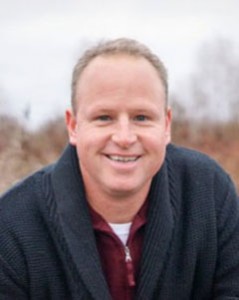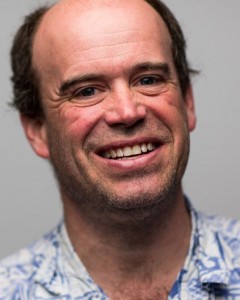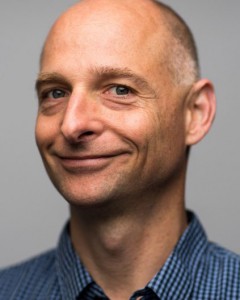If the path before you is clear, you’re probably on someone else’s. – Joseph Campbell
Dr. Keith Micoli visited UW from NYU where he directs the postdoc office and has worked for a decade to support postdoc professional development. Dr. Micoli shared advice with UW postdocs at a workshop on October 16, and we share highlights with you here. For anyone who has done any kind of endurance activity, you will recognize a theme within these tips, drawn from Dr. Micoli’s own science training career and long-distance hiking activities:
Lesson 1 – Commit to Your Goal
- Knowing your goals will help you get through the inevitable tough moments, when you want to give up. You can’t hike 130 miles all at one shot.
- When something’s obviously not working, try something else.
- If you don’t know your goal, it’s a lot harder to accomplish anything.
Lesson 2 – Know the Difference Between Need and Want
- Rather than imagine what your faculty advisor is thinking about your path, talk about it; you may be surprised!
- Set a date that you are NOT going to be a postdoc anymore; start working on your end goals NOW.
- When identifying where you want to go next, think not just about the position or job title, but also your values and how they fit the organization’s culture. myIDP and Doug’s Guides can give you some insights to explore further.
Lesson 3 – Know What Success Will Require of You
- What does it take to be a successful tenure-track faculty member? What does success look like in an alternative career?
- Are you willing to pay the price to pursue a certain career? If you are not, you shouldn’t be doing it.
- Use your postdoc time to develop your many transferable skills, such as writing, teaching, counseling, organization, situation analysis, independence, meeting deadlines, negotiations, enlisting help, communication skills, course development, setting goals, supervising, coordinate, editing, research design, listening, networking, time management, selling ideas, resourcefulness, attention to details, collaborating, giving feedback, data analysis, presentations, take risks, budgeting, decision-making, artistic/creative, conflict management delegating, facilitating discussion, interpersonal skills, prioritizing, giving feedback…and more.
Lesson 4 – Do Your Best with What You Have
- Focus on things and places where you can have an impact, not on the things you can’t do.
- Visualize the completion of a goal, and then go backwards to plan for a timeline and achievable sub-goals.
- Sometimes you need to put in more resources to finish on time; sometimes you need to extend the deadline and to be realistic.
Lesson 5 – Be Realistic and Opportunistic
- Why is your goal important, and why hasn’t it already been achieved?
- What is the most direct way to achieve it?
- What resources do you have, and what resources do you need?
Lesson 6 – Never Give Up
- You don’t have the benefit of knowing where the finishing line is. Just keep going and never give up.


